“Online Antisemitism: The New Hate Frontier”
Dr. Jordan Kraemer, a media anthropologist recently appointed Director of Policy and Research at the ADL’s Center for Technology and Society, and Dr. Ayal Feinberg, Assistant Professor of Political Science at Texas A&M University-Commerce and Senior Fellow at the Centre for Analysis of the Radical Right, will discuss how the internet became the new frontier for proliferating hate, what researchers know about this growing phenomenon, and what organizations are doing about it. Co-sponsored by the ADL Texoma
Ann and Nate Levine Jewish Studies Lecture
The Deadliest Attack on American Jews: Squirrel Hill, by Mark Oppenheimer
Celebration of Judeo-Spanish Culture #9
Watch the recording of Thursday evening's lecture: https://smu.box.com/s/zezgyv794swbz62dwpwr1pbzzjuk1vc4
Webinar link for Monday evening's lecture at 7:15 pm: https://smu.zoom.us/j/96982052181
Ladino Day 2020
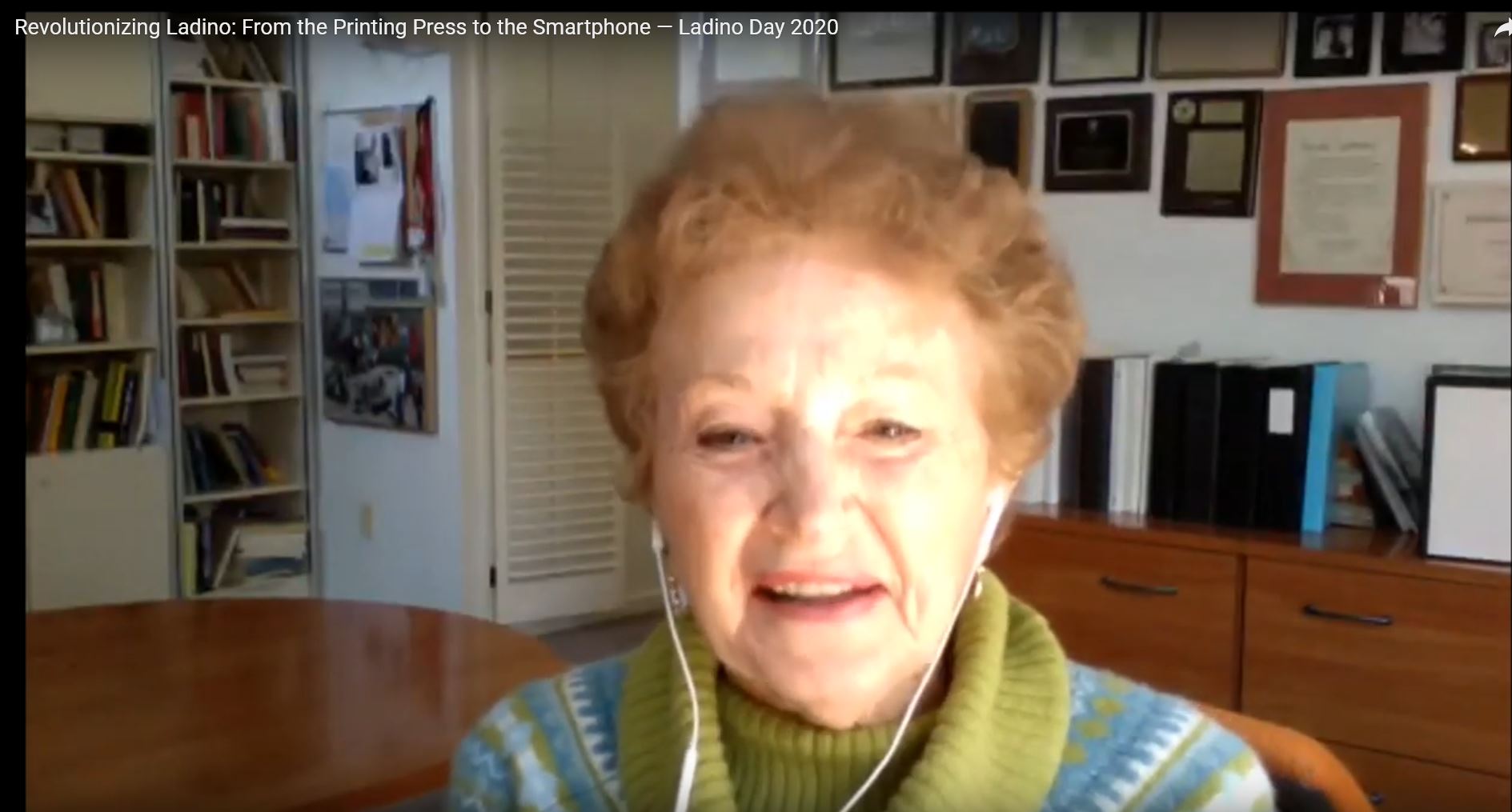
To celebrate Ladino Day 2020, SMU joined the University of Washington Sephardic Studies Program, featuring Dallas' own Rachel Bortnick.
Watch a recording of the event
Ladino Day--Celebration of Judeo-Spanish Culture
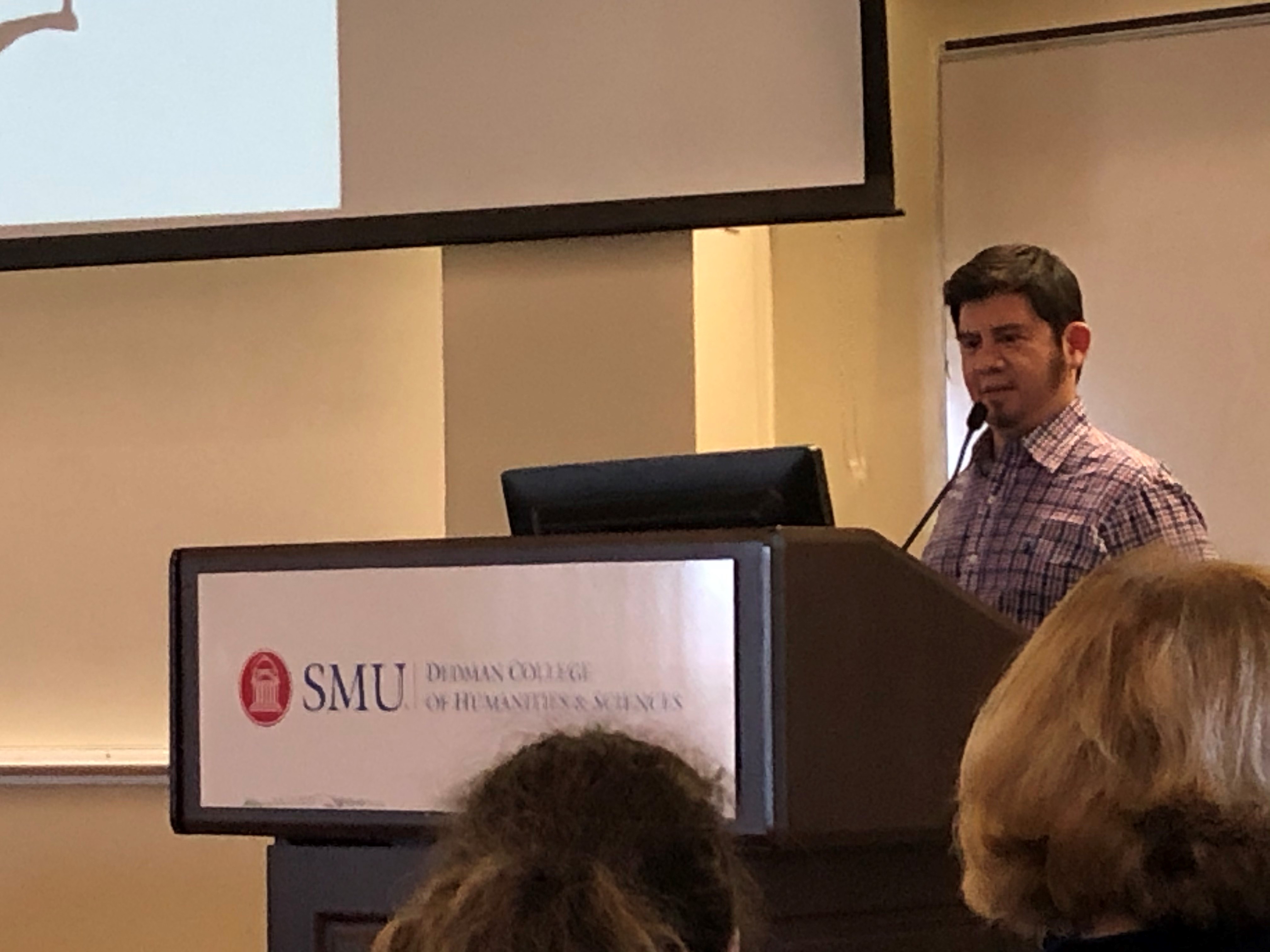
The event drew an audience of students and community folks. Video of the event can be found at https://www.youtube.com/watch?
One Day Jewish University
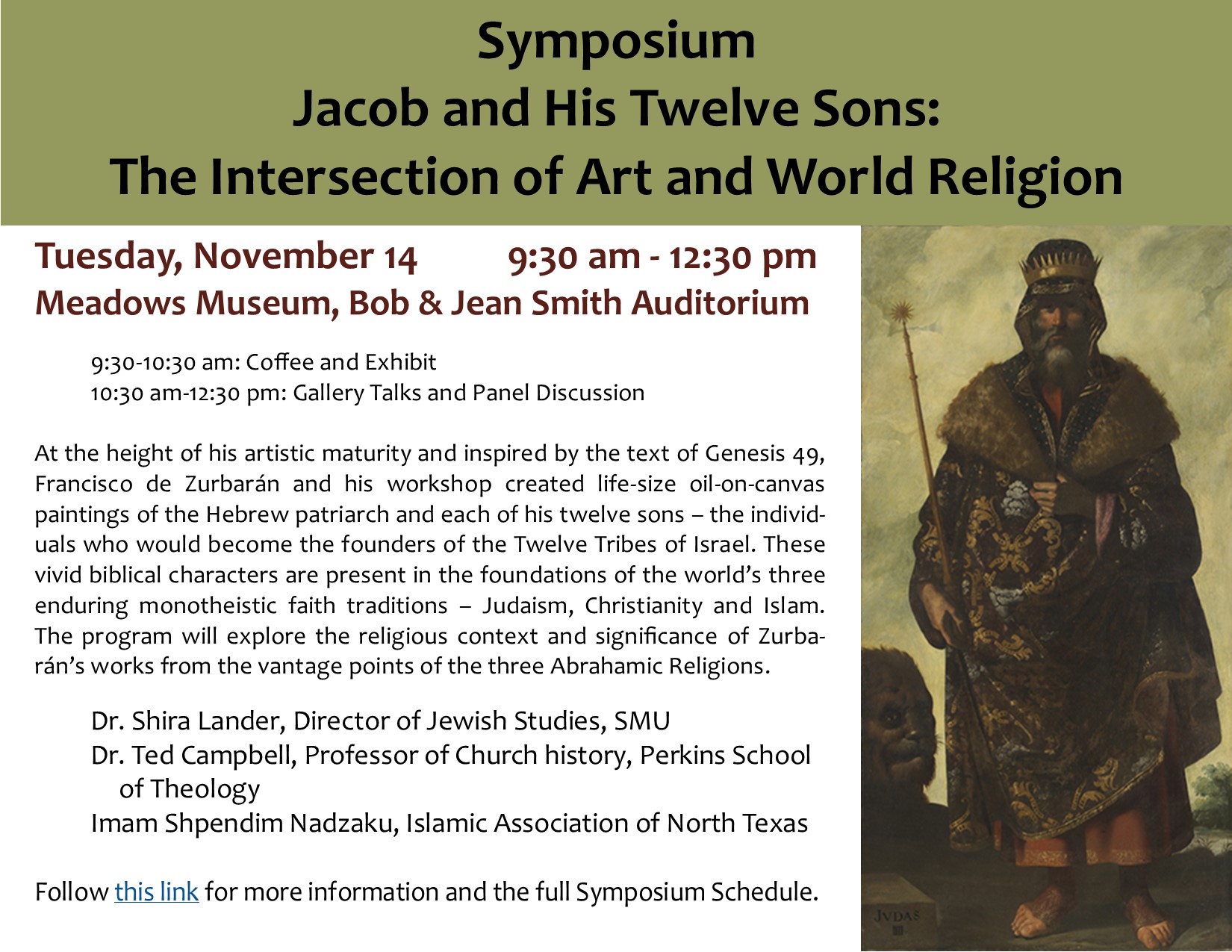
Including the 24th Nate and Ann Levine Lecture in Jewish Studies featuring Aaron Lansky
Founder of the National Yiddish Book Center
Author of Outwitting History: The Amazing Adventures of a Man Who Rescued a Million Yiddish Books
Aaron Lansky founded the National Yiddish Book Center in 1980 to salvage Yiddish language publications. When he began saving books in the early 1980s, most experts believed that there existed fewer than 70,000 Yiddish volumes. The million books recovered by the Yiddish Book Center represent Jews’ first sustained literary and cultural encounter with the modern world. They are a window on the past thousand years of Jewish history, a precursor of modern Jewish writing in English, Hebrew and other languages. Lansky received a MacArthur Fellowship in 1989 for his work.
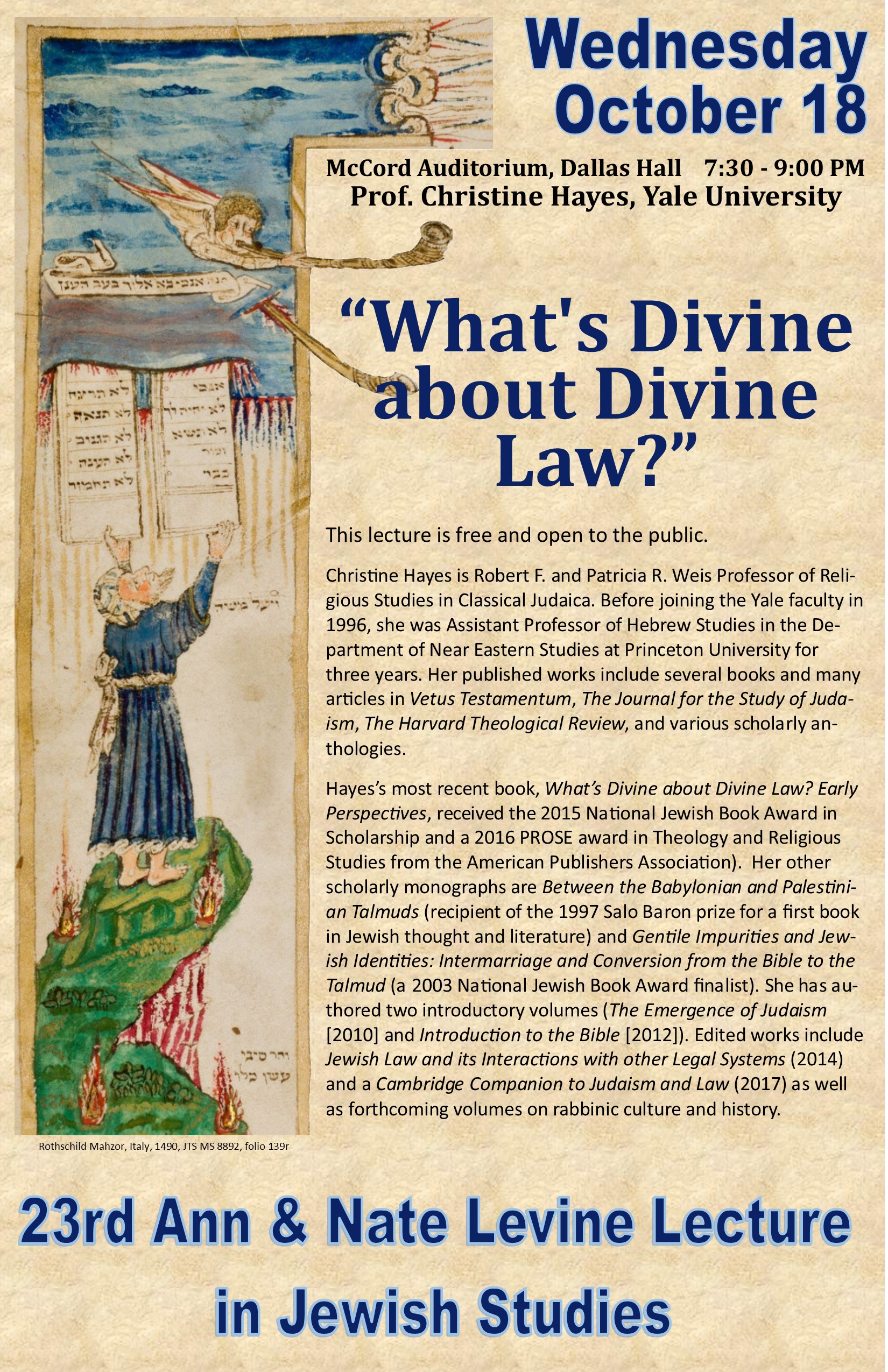
Sunday, September 24 Screening of “Joe’s Violin” (2016) and “Past Life” (2016)
Co-sponsored by the Dallas Jewish Film Festival, SMU Jewish Studies, and SMU Perkins School of Theology’s Global Theological Education
Past Life
Directed by Avi Nesher
Based on a true story and set in 1977 Jerusalem, the film follows two sisters — one a withdrawn classical musician, the other an extroverted scandal sheet journalist — as they set to unravel a family mystery. Their difficult father’s experiences in Poland during the war have cast a shadow on his daughters for their entire lives and they are determined to learn the truth about his past. What follows is a complex and intriguing thriller about family, war and the secrets we (don’t) tell.
Joe’s Violin
Directed and Produced By Kahane Cooperman
In this award-winning documentary short film, a donated musical instrument forges an improbable friendship between 91-year-old Holocaust survivor Joe Feingold and 12-year-old Bronx school girl Brianna Perez, showing how the power of music can bring light in the darkest of times and how a small act can have a great impact.
Why Americans should care about Religious Pluralism in Israel
One Day Jewish University
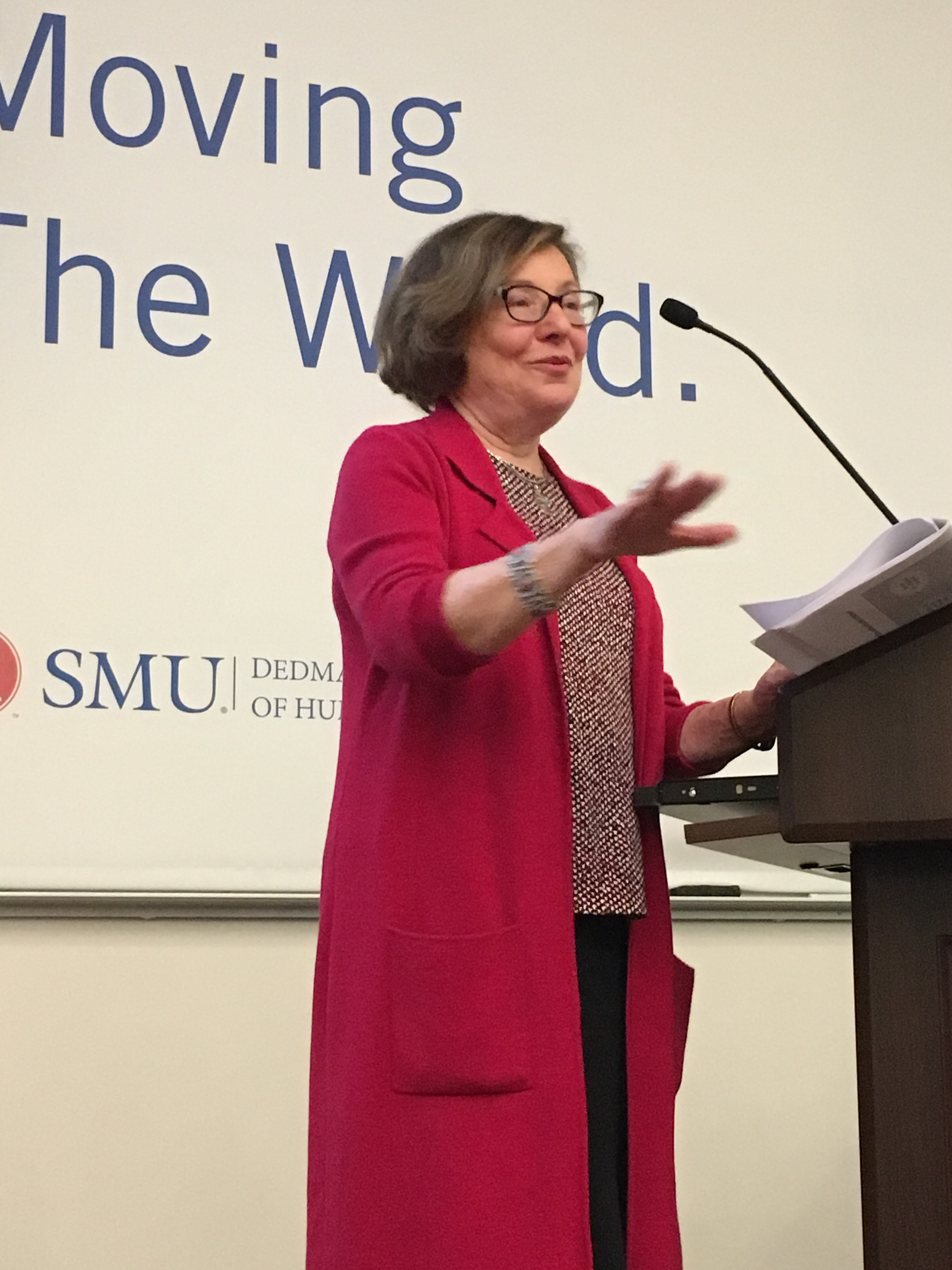
“Misunderstanding Judaism = Misunderstanding Jesus"
The Perkins School of Theology and SMU’s Jewish Studies Program co-sponsored a lunch workshop with New Testament Scholar Amy-Jill Levine on Friday, February 10, 2017 that explored how Jesus and his first followers were Jews, grounded in Jewish Scripture, Jewish ethics, Jewish theology, and Jewish hopes. Professor Levine demonstrated that to ignore this Jewish context is to misunderstand Jesus—and, too often, to reinforce anti-Jewish views. Over a hundred participants enjoyed Levine's renown as a Jewish New Testament scholar and her sharp wit and a brilliant knack for story-telling.
Amy-Jill Levine is University Professor of New Testament and Jewish Studies,E. Rhodes and Leona B. Carpenter Professor of New Testament Studies,and Professor of Jewish Studies at Vanderbilt Divinity School and College of Arts and Sciences.
Week-long Celebration of Judeo-Spanish Culture
Beginning with Rachel Amado Bortnick's scintillating talk at Shearith Israel on "Four Sephardic Graces: Three Outstanding Women and a Blessing (Doña Gracia Nasi, Grace Aguilar, Grasia Albuhayre, and the Ladino grace after meals),” the week of celebrating Judeo-Spanish culture welcomed Prof. Maya Soifer Irish, of Rice University, who lectured on “Jews and Christians in Medieval Castile: Tradition, Coexistence, and Change,” where we learned that, through money-lending and philanthropy, Castilian Jews financed churches, monasteries, palaces, and many other civic works to maintain their privileges in the Christian realm. Toward the end of the week, Prof. David R. Blumenthal, of Emory University, lectured on “The Aliyah Series of Salvador Dali: Perspectives of a Spanish Artist on the Jewish State” and curated the exhibit which was displayed at Temple Emanu El of Dallas. The final event was a screening of Fiestaremos! Judy Frankel and the Sephardic Music Tradition, which featured Dallas' own Rachel Amado Bortnick as one of Frankel's Ladino mentors. We are already planning for next year's celebration!
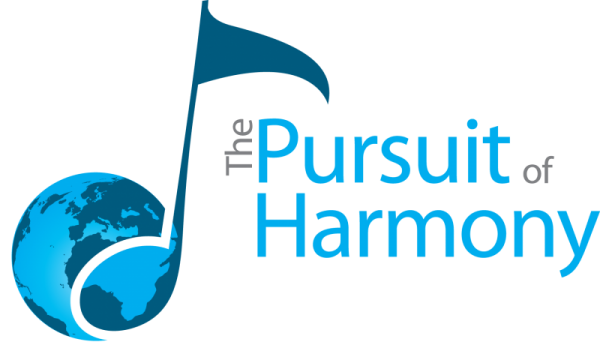
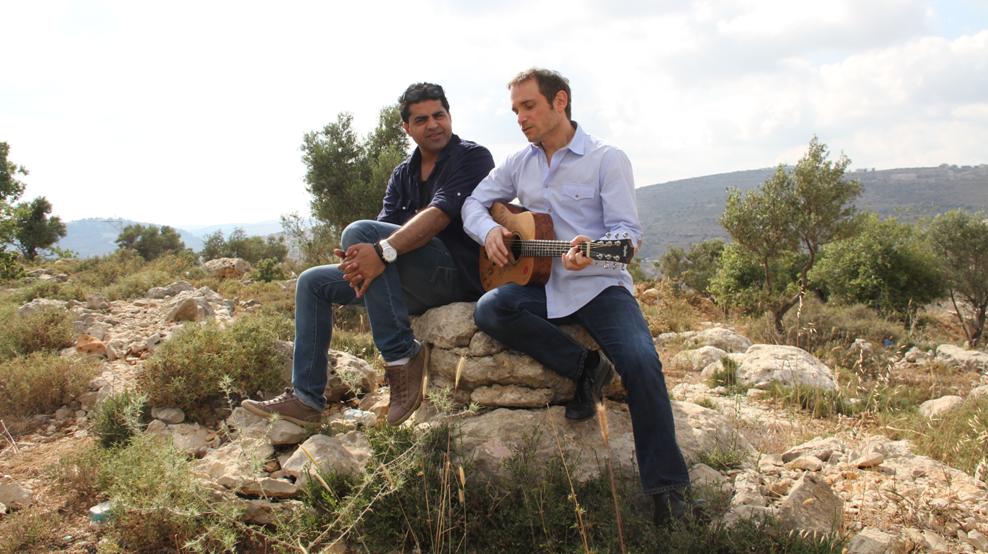
More than 75 people joined Jewish-American songwriter Michael Hunter Ochs and award-winning Muslim-Palestinian peace activist/songwriter Alaa Alshaham in Perkins Chapel on November 14 for an intimate performance of music and conversation.These two improbable friends retraced their transformative journey between Israel and Palestine and how they found themselves performing together at the United Nations. Their original songs were accompanied by personal stories, stunning photographs and exclusive videos. The event was co-sponsored by Temple Emanu-El of Dallas, whose clergy joined the duo on stage for a riveting final song.
Max Glauben, Holocaust Survivor
Alpha Epsilon Pi has partnered with the Dallas Holocaust Museum to bring Max Glauben, a Holocaust survivor with a remarkable story, to SMU. Wristbands will be sold at the tables outside the Hughes-Trigg Student Center for $2 from April 19th- 22nd and the 25th-27th from 11am-1pm. They will also be sold at the door for $5. All of the money raised will contribute to the Dallas Holocaust Museum construction efforts for a new and larger building. Glauben is a highly-regarded motivational speaker whose story is deeply compelling. Refreshments served prior to the presentation.
SMUJS hosted an afternoon of mini-courses and lectures on Jewish humor, literature, history, art and archaeology taught by SMU's Jewish Studies faculty, with visiting keynote lecture by pioneering geneticist Dr. Michael F. Hammer. Prof. Hammer directs the University of Arizona Genetics Core at the Arizona Research Labs Division of Biotechnology at the University of Arizona. He is also associate Professor of Ecology and Evolutionary Biology, and Anthropology. Hammer shared his research on the DNA of the Jewish priestly class which demonstrated that Ashkenazim, Sephardim, and Mizrachim alike share distinctive Y chromosome markers. He also explored the genetics of Jewish population migrations into the Diaspora, and the genetic mutations that resulted. His research demonstrated the surprising finding that although the Ashkenazic Jewish population shares a limited number of male progenitors, mitochondrial DNA suggests a diversity of female ancestors that share commonalities with non-Jewish European female forebears. This finding suggests that Jewish marriage patterns did not follow matrilineal descent, contrary to halakhic norms. Max Blankfeld, VP of Operations and Marketing for Family Tree DNA, illustrated how this research is employed in commercial DNA analysis.
"Edifices and Epigraphy: How Representational is Extant Evidence for Roman Late Antique Jews in the Mediterranean Diaspora?"
Shira Lander, Director of Jewish Studies, SMU
Lander explored the challenges of using archaeological evidence from Asia Minor, Europe and North Africa to reconstruct the religious practices of ancient Jews. She surveyed recent synagogue discoveries and analyzed their symbolic decorations and inscriptions.
Lander's research focuses on Jews and their relationship to other religious groups in Roman Late Antiquity. Her book, Spatial Relations: Ritual Sites and Negotiating Religious Rivalries in Late Roman North Africa (forthcoming, Cambridge University Press), analyses the role of holy space in conflicts and competition between religious groups at the twilight of Roman control of North Africa.
"Heretics, Pagans, Jews (and Samaritans): The Priorities of Christian Imperial Programs in the Fourth and Fifth Centuries"
Lunch & Lecture Series
Ross S. Kraemer, Professor Emerita of Religious Studies and Judaic Studies, Brown University
Co-sponsored by the Department of History and the Program in Classical Studies, and made possible by a grant from the Dedman College Interdisciplinary Institute
Kraemer challenged scholarship that represents the treatment of Jews under the Christian Roman empire as yet another chapter in a dismaying narrative of pervasive and continuous anti-Judaism, offering the alternative view that the newly-Christianized empire was less concerned with Jews than with Christians of differing theologies and practices as well as with the millions who continued to venerate their ancestral gods in temples and shrines of great antiquity.
Kraemer specializes in early Christianity and other religions of the Greco-Roman Mediterranean, including early Judaism. While much of her research focuses on aspects of women's religions in the Greco-Roman world, particularly Christian and Jewish women, her interests also extend to questions of theory and method in the academic study of religion, the study of women and religion cross-culturally and trans-historically, and even religion and modern media (she has taught courses on Religion and Film, Star Trek and Religion, and Jesus in Contemporary Cinema). Before coming to Brown in 2000, she taught most recently at the University of Pennsylvania. Her publications include Her Share of the Blessings: Women's Religions Among Pagans, Jews and Christians in the Greco-Roman World(Oxford University Press, 1992), When Aseneth Met Joseph: A Late Antique Tale of the Biblical Patriarch and His Egyptian Wife, Reconsidered(Oxford, 1998);andWomen's Religions in the Greco-Roman World: A Sourcebook(Oxford, 2004),a greatly revised and expanded version of Maenads, Martyrs, Matrons, Monastics: A Sourcebook of Women's Religions in the Greco-Roman World, originally published by Fortress Press in 1988. Her most recent book Unreliable Witnesses: Religion, Gender and History in the Greco-Roman Mediterranean(Oxford, 2011) considers the effects of ancient gender constructions on ancient narratives about women's religions and the use of such narratives as evidence for actual practices and won a 2011 American Academy of Religion Prize for Excellence. She is the author of numerous journal articles and other publications, and has lectured throughout the United States and abroad. Made possible by a grant from the Dedman College Interdisciplinary Institute and Classical Studies.
"Self-Representation in 5th Century Spain: Severus of Minorca"
Ross S. Kraemer, Professor Emerita of Religious Studies and Judaic Studies, Brown University
Sometime in the early fifth century C.E., an author styling himself as Severus, bishop of the island of Minorca, wrote a lengthy letter, narrating first-hand the miraculous conversion of the entire Jewish population of Minorca (500 persons) within the space of a single week in February, 418. Apart from this Letter, virtually nothing is known about either Severus or Jews on Minorca. In this seminar, we will consider the author’s self-representation in the Letter in light of larger issues concerning Jews in the late antique Mediterranean.
18th NATE AND ANN LEVINE ENDOWED LECTURE SERIES IN JEWISH STUDIES
“Holy Words in Hollywood: The Ten Commandments and American Identity”
Adele Reinhartz, Professor of Classics and Religious Studies at the University of Ottawa, Canada
To a crowd of over 150 people, Reinhartz lectured on the ways that Cecil B. DeMille’s classic 1956 film The Ten Commandments and its portrayal of Moses as a Jesus-like redeemer who champions liberty and American-style democracy reflected mainstream mid-century American attitudes.
"Jerusalem, City of Strife or Peace?"
Lunch & Lecture Series
Marcie Lenk, Shalom Hartman Institute of Jerusalem Research Fellow, Director of Christian Leadership Programs, and Co-Director of New Paths: Christians Engaging Israel.
Co-sponsored with Hillel of Dallas and made possible by the Center for Evangelism and Missional Church Studies at Perkins School of Theology
Lenk shared insights about daily life and existential issues for today's ethnically and religiously diverse population of Jerusalem.
Ladino Day
More than 100 people turned out for the celebration of Judeo-Spanish Language and Culture. Rachel Amado Bortnick Dina Eliezer explaining Ladino responsa Ghitta Torrico remembering her mother
"The Art of Jewish Iberia"
Lunch & Lecture Series
Pamela Patton, Professor and Chair, Department of Art History at SMU. Patton lectured on her slide show of Jewish art in medieval Spain, which included synagogues, manuscripts, and artifacts.
American Premier Screening of Saved by Language
A standing room only crowd attended the screening of the documentary about Moris Albahari, a Sephardic Jew from Sarajevo (born in 1930), who used Ladino / Judeo-Spanish (his mother tongue) to survive the Holocaust. The film was introduced by Rachel Amado Bortnick, native speaker and internationally-recognized Ladino expert.
Judeo-Spanish Books and Manuscripts at Bridwell Library
Dr. Eric White, Curator of Special Collections, displays engravings of Amsterdam's
"A More Perfect Union: Women's Factory Literature in a Consumption Economy"
Meghan M. Wadle, Instructor of English and PhD Candidate
Wadle discussed her work on women writing within American industrialism, particularly her research on Jewish female garment workers’ use of literature in the early twentieth century as a vehicle for political activism. As these women participated in strikes, unions, and the women’s suffrage movement, literature formed one way for these women to adapt, extend, and examine the concept of American national identity to the Jewish union reformer. Her project covers a great deal of historical ground as it looks at how and why New England Protestant factory workers in the antebellum era, and Jewish women in the early twentieth century, turned towards print culture to defend their dignity, but other female factory workers from alternate cultural backgrounds (e.g. Irish, Italian, French Canadian) seem to have taken almost no interest in print. A productive discussion followed Wadle's presentation.
"The US- Turkey-Israel Triangle"
Dan Arbell, Scholar-in-Residence at the Center for Israeli Studies at American University
Co-sponsored with The John Goodwin Tower Center for Political Studies and made possible by the American Jewish Committee
Arbell is a 25 year veteran of the Israeli Foreign Service, serving in senior posts overseas in the UN, the US and Japan, and holding senior positions at the Ministry of Foreign Affairs Headquarters in Jerusalem. Most recently he was Deputy Chief of Mission at the Embassy of Israel in Washington D.C. In the 1990’s he served as Chief of Staff to Israeli Ambassador Itamar Rabinovich. From 2005-2009 he was Acting Head of the North America division at the Israeli Ministry of Foreign Affairs in Jerusalem. Prior to that he was Deputy Chief of Mission at the Israeli Embassy in Tokyo, Japan. Arbell holds a Master’s degree (MA) from Hebrew University in Jerusalem in Political Science and a Bachelor’s degree (BA) from Hebrew University in World History and Political Science.
"The Role of the Samson Mosaic Cycle at Huqoq in Constructing Late Antique Jewish Identity"
Elena Gittleman, Masters Degree Candidate in Art History
Gittleman's research emerges from a key issue for scholars of Late Antique/Early Byzantine Jewish art: how do we understand the similarities between Jewish and Christian depictions of the same motif in Late Antiquity/Early Byzantium? This similarity between Jewish and Christian imagery is fascinating given the historical importance of the era as the beginning of the firm establishment of distinct cultural and religious identities, and begs the question of why the lines between the visual culture of both religions were crossed and conjoined. By examining several images of Samson in synagogue and church floor mosaics as well as illuminated manuscripts and frescoes, she hopes to elucidate the impetus and significance of the shared imagery between Christian and Jewish communities in the Early Byzantine period. Her research is rooted in an interdisciplinary approach as she relies on archaeology as well as theological research to shed light on how these Jewish images assisted in creating their own cultural and religious identity in contrast to that of the Byzantine Christians.
"Peace, Politics & Plutonium: An Insider’s Look at the Middle East Mayhem"
Lunch & Lecture Series
Gil Hoffman, senior political analyst at the Jerusalem Post
Co-sponsored with Hillel of Dallas and made possible by the Jewish Community Relations Council of the Jewish Federation of Dallas
Hoffman shared personal reflections and political insights into the conflicts, competition, and cooperation in the Middle East.